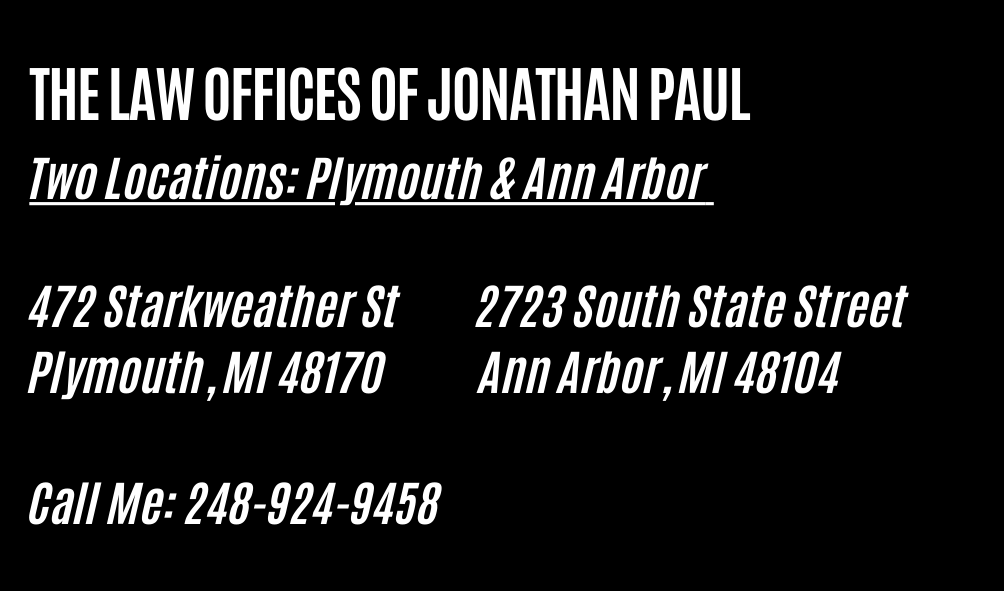Reckless Driving
To found guilty of this offense, the prosecution must show that you were driving a car on a road open to the public or generally accessible to cars, including a parking lot, and you drove the car in a willful or wanton disregard for the safety of persons or property. "Willful or wanton disregard" means more than simple carelessness but does not require proof of an intent to cause harm. It means knowingly disregarding the possible risks to the safety of people or property.
This offense is a 90-day misdemeanor and carries many of the same license implications, fines and costs of a drunk driving offense. If convicted of this offense, six points would be added to your license.
The prosecution will attempt to prove this charge with testimony of your driving including speed, along with the the road conditions. If there is evidence of intoxication, the prosecution will be allowed to introduce this evidence; the jury may factor this into the decision whether there was a "willful or wanton disregard" for the safety or persons or property, but this alone is not enough for a conviction.
One way to defeat a reckless driving charge is to show an error in judgment on the part of the charged driver to explain the erratic driving, which creates reasonable doubt as "willful or wanton disregard". Let's say you're observed switching lanes, which causes an accident, and you're charged with reckless driving - well if the other car was in your blind spot, then this may be merely negligence on your part, not willful disregard.
To found guilty of this offense, the prosecution must show that you were driving a car on a road open to the public or generally accessible to cars, including a parking lot, and you drove the car in a willful or wanton disregard for the safety of persons or property. "Willful or wanton disregard" means more than simple carelessness but does not require proof of an intent to cause harm. It means knowingly disregarding the possible risks to the safety of people or property.
This offense is a 90-day misdemeanor and carries many of the same license implications, fines and costs of a drunk driving offense. If convicted of this offense, six points would be added to your license.
The prosecution will attempt to prove this charge with testimony of your driving including speed, along with the the road conditions. If there is evidence of intoxication, the prosecution will be allowed to introduce this evidence; the jury may factor this into the decision whether there was a "willful or wanton disregard" for the safety or persons or property, but this alone is not enough for a conviction.
One way to defeat a reckless driving charge is to show an error in judgment on the part of the charged driver to explain the erratic driving, which creates reasonable doubt as "willful or wanton disregard". Let's say you're observed switching lanes, which causes an accident, and you're charged with reckless driving - well if the other car was in your blind spot, then this may be merely negligence on your part, not willful disregard.









